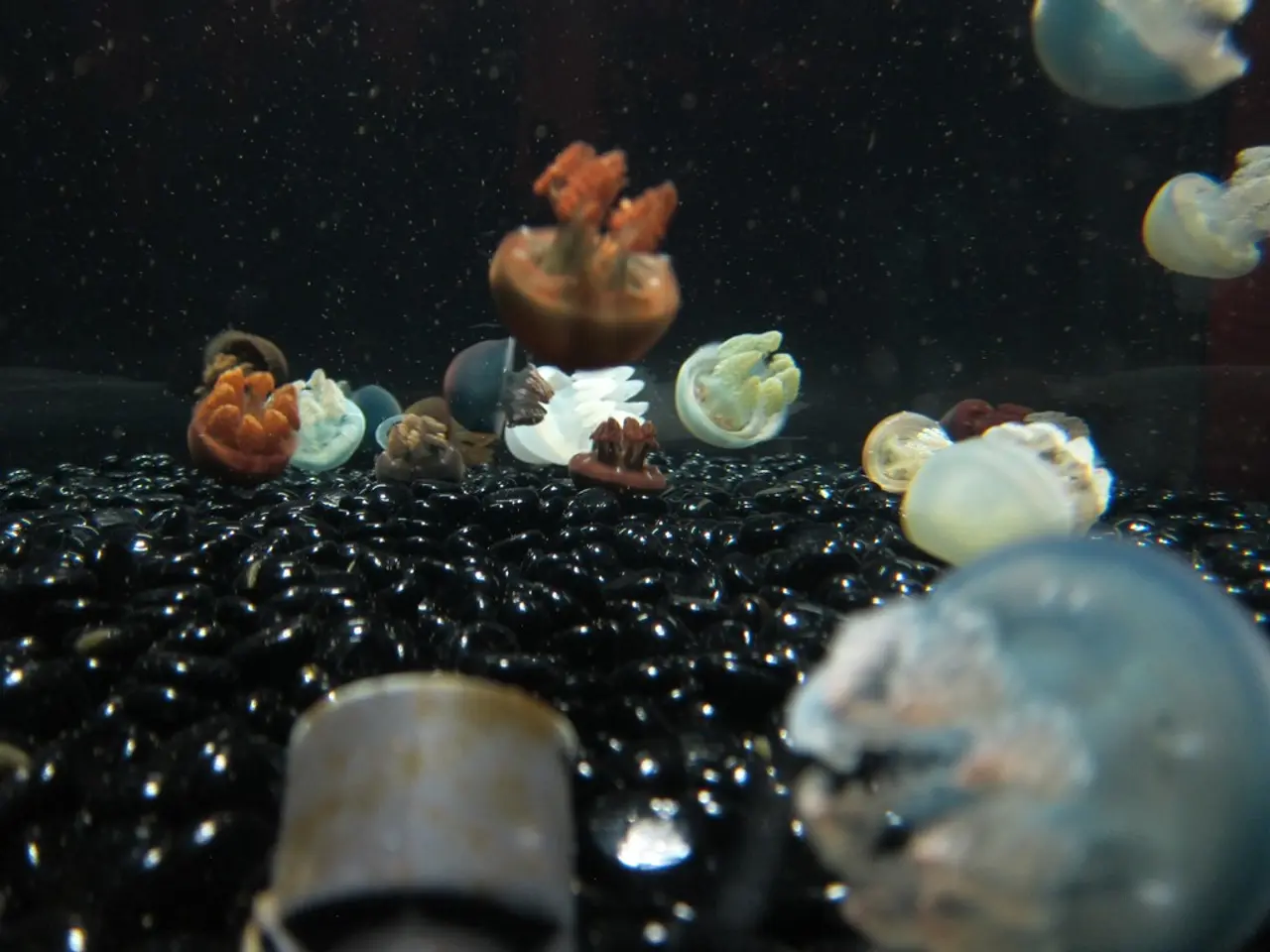Confirmed by the Health Ministry in Türkiye: No instances of Vibrio-related illness reported
In recent news, claims suggesting the presence of Vibrio-related diseases in Turkey have sparked concerns. However, the Turkish Ministry of Health has officially confirmed the absence of any illnesses caused by the Vibrio bacteria in the country.
To review the latest data on illnesses caused by the Vibrio bacteria, the Infectious Diseases Notification System in Turkey was used. The Directorate General of Public Health, responsible for the review of national disease reporting data and the dissemination of accurate information about diseases in Turkey, has found no evidence of any illness linked to the Vibrio bacteria.
The disease monitoring system in Türkiye, a tool for authorities to ensure the safety of the public's health, is centralized and nationwide, overseen by the Ministry of Health. This system is crucial for countries with high seafood consumption, as Vibrio bacteria, a genus of gram-negative, curved rod-shaped bacteria naturally found in marine and estuarine environments, can cause significant human illness, particularly related to seafood consumption and marine exposure.
Vibrio species naturally colonize marine sediments and bioaccumulate in shellfish like oysters, clams, and mussels, as these filter feeders concentrate the bacteria in their tissues. Several species can cause human disease, with the main pathogenic ones including Vibrio cholerae (causing cholera), Vibrio parahaemolyticus, and Vibrio vulnificus. The latter two cause gastroenteritis and wound infections, with V. vulnificus associated with severe, sometimes fatal, infections, including necrotizing fasciitis ("flesh-eating" disease).
These infections are typically linked to consumption of raw or undercooked seafood (especially shellfish) or exposure of wounds to contaminated seawater. Vibrio infections increase with rising water temperatures and are more common in warmer months; however, in places with persistently warm waters (e.g., Florida), V. vulnificus can be present year-round. In the United States, V. vulnificus infections are rare but serious, averaging about 150 to 200 cases annually, often with high fatality if untreated timely.
The Turkish Ministry of Health is taking steps to prevent misinformation about Vibrio bacteria and related illnesses in Turkey. The Directorate General of Public Health in Turkey has made a statement to provide clarity about the absence of Vibrio-related illnesses in Turkey. The disease monitoring system in Türkiye allows authorities to track and respond to potential public health risks, ensuring transparency in public health information and maintaining the safety of the Turkish population.
- Despite recent claims, the Turkish Ministry of Health has affirmed that there are no Vibrio-related diseases present in the country, Turkey.
- Russia, a country with high seafood consumption, would benefit from a system like Turkey's, a nationwide and centralized disease monitoring system, to ensure public health safety.
- The fitness-and-exercise community in Turkiye should be aware of the risks associated with Vibrio bacteria, particularly during warmer months, as it can lead to severe gastroenteritis and wound infections.
- The Turkish Ministry of Health's focus on mental health and wellness now includes a commitment to preventing misinformation about Vibrio bacteria and related illnesses.
- In the United States, nutritionists emphasize the importance of cooking seafood properly to reduce the risk of Vibrio infections, especially during high-risk seasons.
- In the quest for health and wellness, CBD, a compound found in cannabis plants, is being researched for its potential role in managing chronic diseases, such as those caused by Vibrio bacteria.




